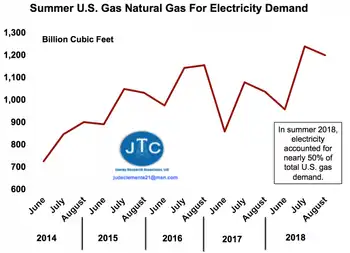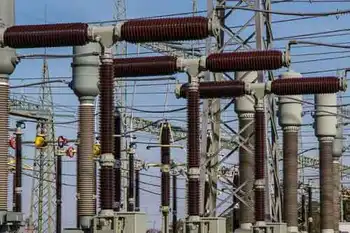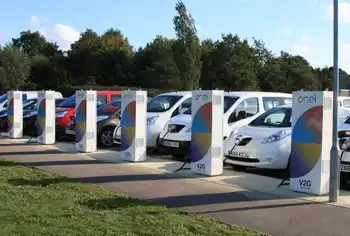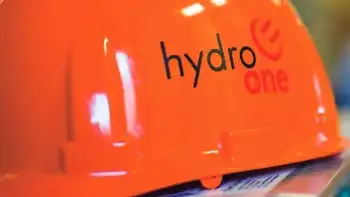Zero emission cars wonÂ’t be cheap
LOS ANGELES, CALIFORNIA - The future of environmentally friendly vehicle technologies – technologies for which the Los Angeles Auto Show has grown famous – is imperilled by the current global credit crisis, says Nissan Renault CEO Carlos Ghosn.
The challenge all automakers face now, says Ghosn, is to survive frozen credit markets – to preserve cash as much as possible and then somehow emerge at the other end of the crisis intact and ready to take advantage of the inevitable comeback in markets, both commercial and financial.
That means auto makers in Europe, North America and Asia are putting long-term plans — and the massive investments they require — on hold for the most part.
Yet there are other forces at work which are calling on the auto industry to create and sell zero emissions vehicles on a large scale. Population growth, government regulations and consumer demand are all driving the car business to invent and mass market zero-emissions electric vehicles, perhaps bridged by gasoline- or diesel-electric hybrids.
By 2020, Ghosn envisions as many as seven million pure electric vehicles being sold around the world. That figure represents about 10 per cent of the 70 million new passenger vehicles being sold globally today.
But at present auto companies, even the ones with a relatively strong balance sheet and a pristine credit rating, are finding it impossible to get the financing needed to develop the batteries and other technologies that will make clean electric cars safe, reliable, practical and affordable.
"If we want to transform this industry, in a radical way, we are going to need a lot of investment. You cannot take an existing car and retrofit it and say, 'It's electric.' You have to start from zero," Ghosn said. “If we are serious about transforming the industry into something that's as clean as possible, (governments) have to make long-term financing available at a reasonable interest rate.”
Ghosn added that "even Triple-A companies" are having problems getting financing simply for operations.
"The industry today is unable to finance itself to make the transition. But when you are investing massively in batteries, when the financial market doesn't care about it, it is impossible. Who is struggling is not the issue. This is not a Big 3 issue. It is valid for Europeans. It is valid for the Japanese," Ghosn said.
There is no doubt auto makers are now prepared to make the switch from the internal combustion engine to electric drive.
BMW had their Mini E electric car here for journalists to test drive. Hyundai said it had made a breakthrough in battery technology, one that would enable the company to launch its first hybrid within 18 months.
General Motors underscored that despite the financial problems out there, it would press ahead with its Volt electric car program, and other alternative fuel technologies. Nissan said by 2010 it would be selling a pure electric car to consumers in fairly small numbers, but by 2012 it would be ready to sell an attractive electric car in large numbers around the world.
Ford unveiled a new hybrid version of its Fusion midsize car, saying it would get significantly superior fuel economy compared to the rival Toyota Camry Hybrid. And there were other similar announcements.
But make no mistake, industry insiders here in Los Angeles all insist that what happens with these technologies, how these products evolve and improve, will be determined in large part by the roles governments choose to play in the financial crisis.
Ghosn was by no means alone here, though his was the loudest and clearest voice.
Related News

Nonstop Records For U.S. Natural-Gas-Based Electricity
WASHINGTON - As the hot months linger, it will be natural gas that is leaned on most to supply the electricity that we need to run our air conditioners and keep us cool.
And this is surely a great and important thing: "Heat causes most weather-related deaths, National Weather Service says."
Generally, U.S. gas demand for power in summer is 35-40% higher than what it was five years ago, with so much more coming (see Figure).
The good news is regions across the country are expected to have plenty of reserves to keep up with power demand.
The only exception is ERCOT, covering 90%…




